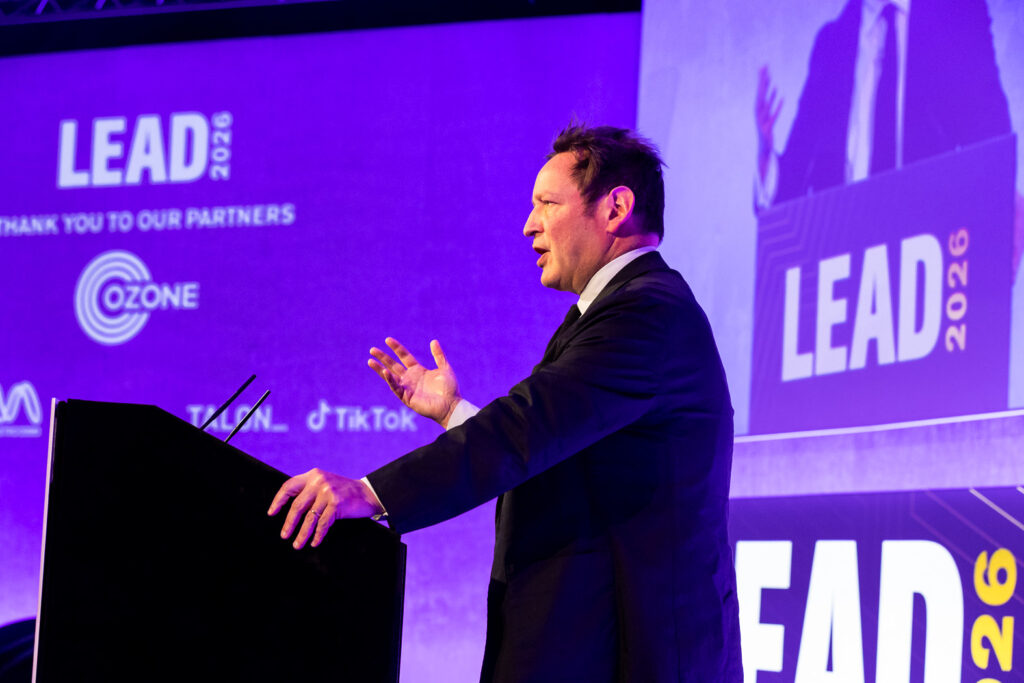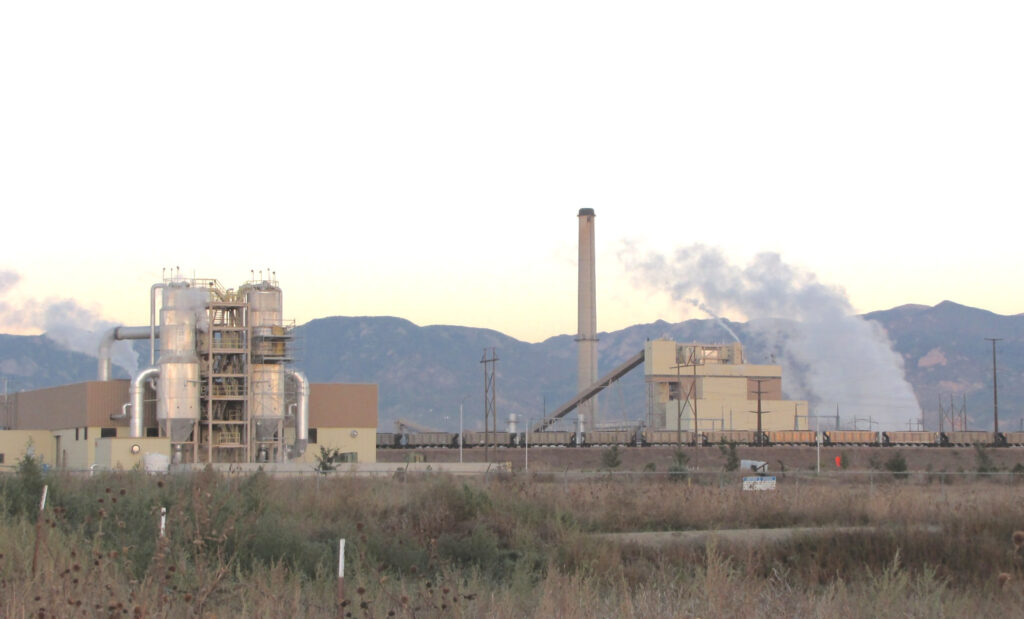During Saturday’s U.S. Presidential debate, Vermont Senator Bernie Sanders addressed the issue of terrorism by saying that climate change is the largest national security threat. This is the second time that Sanders has made this statement during the Democratic debates.
And he is spot on with his analysis.
While his claims were attacked by his opponents on the Republican side, the Pentagon has been making the claim that climate change is a national security threat for the last 12 years.
The reasoning is simple: Resource scarcity leads to conflict.
As the planet continues to heat up, arable land in developing nations is disappearing, particularly in areas of the Middle East. These areas are ill equipped to handle the sudden impact of reduced farming income, rising temperatures, drought, and the resulting food shortages, so conflict emerges easily and without warning.
This past summer, the Department of Defense issued yet another report warning about the connection between climate change and security threats, saying that the warming planet will leave developing countries without a means of living, which will put pressure on governments to provide basic services for their citizens. As this will likely prove impossible due to decreased resources, conflict and revolt become much more likely.
Time Magazine lays it out this way:
U.S. military officials refer to climate change as a “threat multiplier” that takes issues like terrorism that would pose a threat to national security and exacerbates the damage they can cause. A 2014 Department of Defense report identifies climate change as the root of government instability that leads to widespread migration, damages infrastructure and leads to the spread of disease. “These gaps in governance can create an avenue for extremist ideologies and conditions that foster terrorism,” the report says.
The parallels between the situation described in the government report and the situation on the ground in Syria are striking. The worst drought on record in the Middle Eastern country has created instability for farmers and threatened the food supply. At the same time, the government has struggled to hold on to power across the country in the face of militant groups and millions of Syrians have fled their homeland.
Mother Jones has more:
According to Director of National Intelligence James Clapper, “Extreme weather, climate change, and public policies that affect food and water supplies will probably create or exacerbate humanitarian crises and instability risks.” The Department of Defense says that climate change “poses immediate risks to US national security” and has the potential to exacerbate terrorism. There’s also substantial evidence that drought linked to climate change helped spark Syria’s civil war.
The first Department of Defense report to name climate change as a national security threat – issued in 2003 – fell largely on deaf ears, as the United States had just thrust themselves into armed conflicts in Iraq and Afghanistan as part of their “war on terror”, and climate change wasn’t on the minds of a country still reeling from the emotional and physical damage caused during the terrorist attacks of 9/11.
But that DoD report portrayed the problem as something that would happen in the future, not something that would cause problems in the short-term. What they couldn’t foresee, however, were the continued dependence on fossil fuels, rising emissions, and climate predictions underestimating the speed of global warming and extreme weather events.
Right now, the entire planet is trying to figure out how to handle a few hundred thousand refugees trying to flee Syria. Imagine what will happen when 634 million people across the planet are displaced because of rising sea levels.
Bernie Sanders is absolutely right – climate change is the greatest national security threat, not only to the United States, but to every country on the earth. The only question is who is going to lead the way in trying to turn the problem around?
Subscribe to our newsletter
Stay up to date with DeSmog news and alerts






